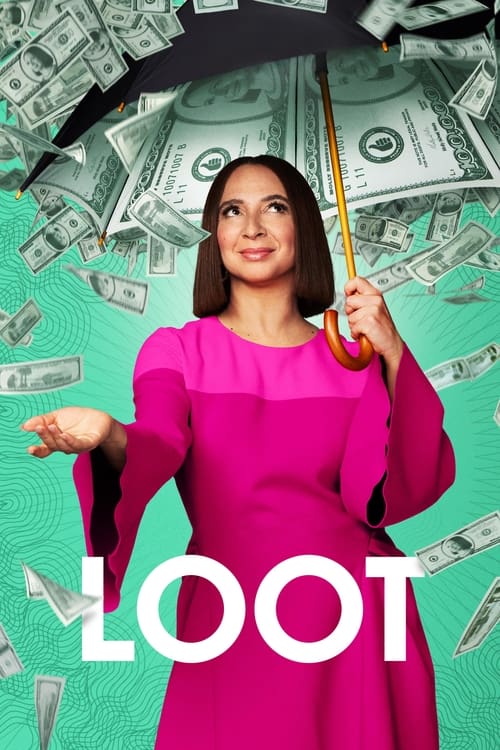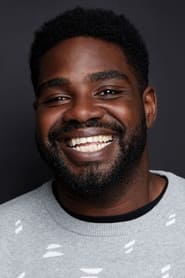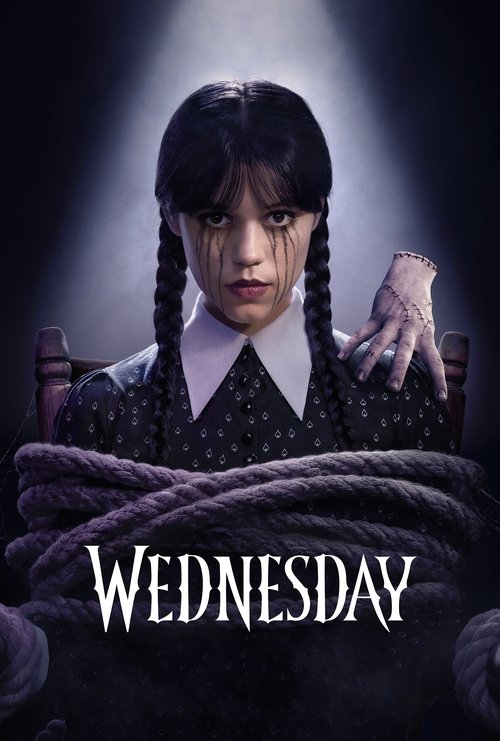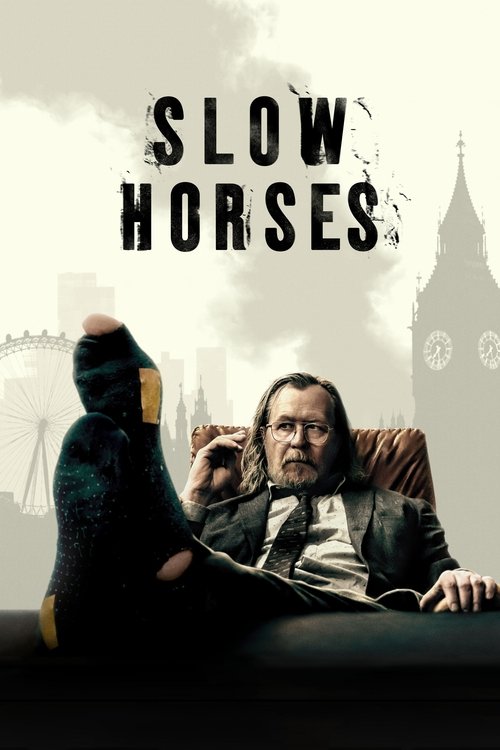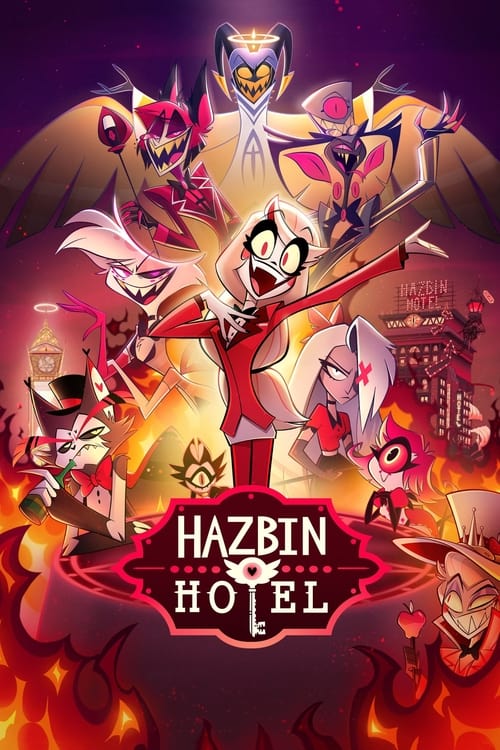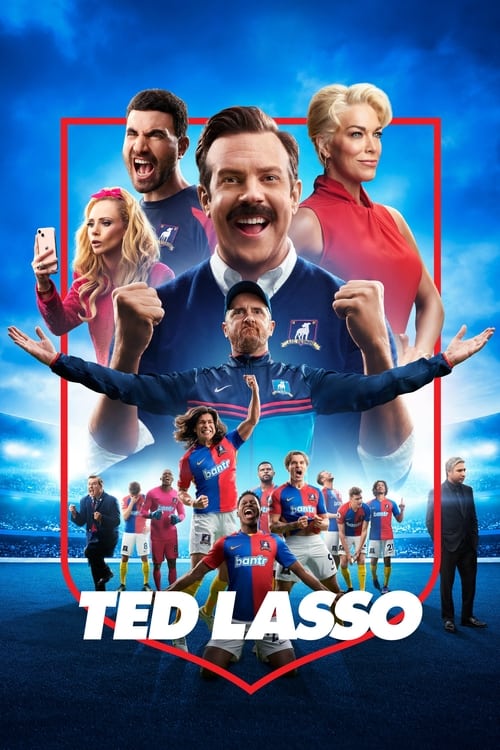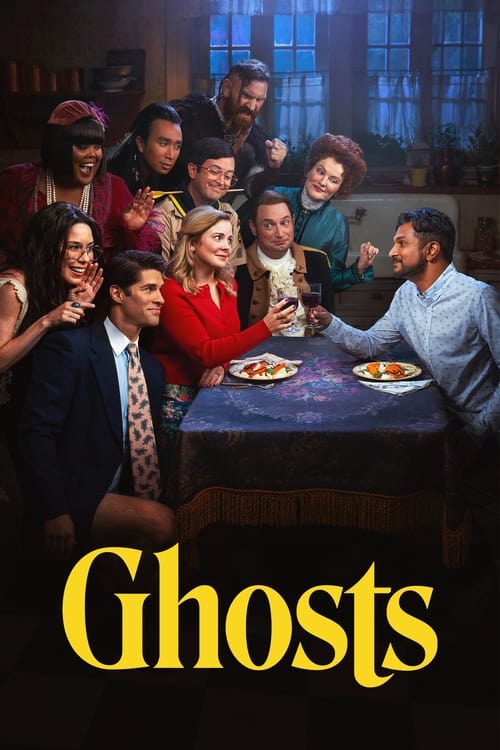
Ask Your Own Question
What is the plot?
Molly Wells, a wealthy and successful tech entrepreneur, is introduced as she celebrates her 40th birthday with a lavish party. Surrounded by friends and family, she is the center of attention, but her happiness is overshadowed by the recent news of her husband, John, having an affair. The party takes a turn when Molly discovers John's infidelity, leading to a public confrontation that leaves her humiliated and heartbroken.
In the aftermath of the party, Molly decides to file for divorce. She is determined to reclaim her life and identity outside of her marriage. As she navigates the emotional turmoil, she learns about the vast fortune she has inherited, which includes a charitable foundation that her husband had been managing. This revelation sparks her interest in the foundation, and she begins to explore its operations.
Molly visits the foundation's headquarters, where she meets the staff, including the no-nonsense executive director, Nicholas, and the enthusiastic team member, Ainsley. Initially, Molly feels out of place and unsure of her role, but she is motivated to make a difference. She quickly realizes that the foundation has been mismanaged and that many of its initiatives are not aligned with her values.
Determined to take charge, Molly starts to implement changes at the foundation. She organizes a team meeting to discuss new projects and initiatives, but her ideas are met with skepticism from Nicholas, who is protective of the foundation's established practices. Despite the pushback, Molly remains resolute and begins to build rapport with the staff, particularly Ainsley, who shares her vision for impactful philanthropy.
As Molly immerses herself in the foundation's work, she discovers a project that resonates with her: a community center aimed at providing resources for underprivileged families. She becomes passionate about this initiative and rallies the team to support it. However, she faces challenges in securing funding and convincing the board of directors to back her vision.
Molly's personal life continues to be tumultuous as she navigates her divorce proceedings. John attempts to manipulate the situation, trying to maintain control over their shared assets. Molly's emotional state fluctuates between anger and determination as she fights for her independence. She leans on her friends for support, who encourage her to embrace her newfound freedom.
In a pivotal moment, Molly confronts John about his betrayal, asserting her strength and independence. This confrontation serves as a turning point for her character, solidifying her resolve to move forward without him. She begins to embrace her role at the foundation more fully, using her personal experiences to fuel her passion for philanthropy.
As the community center project progresses, Molly faces setbacks, including resistance from local officials and funding issues. However, she remains undeterred and organizes a fundraising gala to generate support. The event is a success, showcasing her ability to rally people around a cause. The gala also serves as a moment of personal growth for Molly, as she learns to navigate the complexities of her new life.
Throughout the season, Molly's relationship with Nicholas evolves. Initially at odds, they begin to understand each other's perspectives and develop a mutual respect. Their dynamic shifts from conflict to collaboration, culminating in a partnership that strengthens the foundation's mission. Molly's leadership style becomes more confident, and she starts to inspire her team.
In the season finale, Molly faces a major decision regarding the future of the foundation. A significant donor threatens to withdraw support unless she aligns the foundation's goals with their interests. Torn between her vision and the foundation's financial stability, Molly must choose whether to compromise her values or stand firm in her beliefs.
Ultimately, Molly decides to prioritize the community center project, believing in its potential to create lasting change. She presents her case to the board, passionately advocating for the importance of staying true to the foundation's mission. Her conviction sways the board, and they agree to support her vision, marking a significant victory for Molly.
The season concludes with Molly standing outside the community center, reflecting on her journey. She feels a sense of accomplishment and purpose, having transformed her pain into a powerful drive for change. The final scene captures her determination to continue her work, setting the stage for future challenges and growth in her personal and professional life.
What is the ending?
At the end of "Loot," Season 1, Molly Novak comes to terms with her life after her divorce and begins to embrace her role in the foundation she inherited. She finds a sense of purpose and connection with her team, particularly with her assistant, Nicholas. The season concludes with Molly realizing the importance of her philanthropic efforts and the relationships she has built, setting the stage for her continued growth.
In the final episode, the narrative unfolds as follows:
The scene opens with Molly Novak, played by Maya Rudolph, sitting in her lavish office, reflecting on the whirlwind of events that have transpired since her divorce from her billionaire husband. The camera captures her contemplative expression, hinting at her internal struggle between her previous life of luxury and her newfound responsibilities.
As the episode progresses, Molly attends a meeting with her foundation team, which includes the ambitious and driven Nicholas, portrayed by Joel Kim Booster. The atmosphere is tense as they discuss the upcoming charity gala, a pivotal event that could define the foundation's future. Molly's initial hesitance to engage with the team is palpable; she feels out of her depth in this new world of philanthropy.
In a pivotal moment, Molly's vulnerability is exposed when she admits to her team that she feels lost and unsure of her role. This admission serves as a turning point, allowing her to connect with her team on a deeper level. Nicholas, who has been a steadfast support, encourages her to embrace her position and the impact she can have on the community. The scene is charged with emotion as Molly begins to see the value in her work beyond the wealth she once took for granted.
As the gala approaches, the narrative shifts to the preparations, showcasing the chaos and excitement of the event. Molly's team rallies around her, and the camaraderie that develops is evident. The camera captures moments of laughter and teamwork, highlighting the bonds that have formed. Molly's transformation is marked by her increasing confidence and willingness to take charge.
On the night of the gala, the venue is beautifully decorated, and the atmosphere is electric. Molly steps onto the stage to address the attendees, her heart racing. The audience is captivated as she shares her journey, her struggles, and her newfound passion for philanthropy. The scene is filled with applause and cheers, symbolizing her acceptance and commitment to her new life.
In the final moments of the episode, Molly shares a heartfelt conversation with Nicholas, expressing her gratitude for his support. They stand together, looking out at the crowd, and it becomes clear that their relationship has evolved into a strong partnership. The camera lingers on their expressions, filled with hope and determination for the future.
As the credits roll, viewers are left with a sense of closure for Molly's character arc. She has embraced her identity beyond her wealth, finding purpose in her philanthropic efforts and the relationships she has built. The season ends on a hopeful note, suggesting that Molly's journey is just beginning, and her commitment to making a difference will continue to shape her life and the lives of those around her.
Is there a post-credit scene?
In the show "Loot," season 1, there is no post-credit scene. The episodes conclude without any additional scenes after the credits roll. Each episode wraps up its storyline, focusing on the character development and the comedic elements of the plot, without extending into a post-credit sequence. The narrative remains contained within the episode itself, allowing viewers to reflect on the events and character arcs presented throughout the episode.
What motivates Molly to get involved with the foundation?
Molly, played by Maya Rudolph, is initially driven by a sense of loss and confusion after her marriage ends. She seeks purpose and direction in her life, which leads her to engage with the foundation her ex-husband established. As she navigates her new role, her motivations evolve from mere distraction to a genuine desire to make a positive impact.
How does the dynamic between Molly and her assistant, Nicholas, develop throughout the season?
Molly and Nicholas, portrayed by Joel Kim Booster, start with a professional relationship marked by Molly's lack of understanding of the foundation's operations. As the season progresses, their dynamic shifts; Nicholas becomes a mentor figure, guiding Molly through her responsibilities, while Molly's growth inspires Nicholas to embrace his own ambitions. Their relationship deepens, showcasing a blend of humor and emotional support.
What challenges does the foundation face in its early days?
In the early episodes, the foundation grapples with a lack of direction and clarity in its mission. Molly's inexperience leads to missteps, such as poorly planned charity events and misunderstandings with staff. These challenges highlight the tension between the foundation's lofty goals and the practical realities of running a nonprofit, forcing Molly to confront her naivety and learn from her mistakes.
How does Molly's relationship with her ex-husband influence her actions at the foundation?
Molly's relationship with her ex-husband, John, looms large over her actions at the foundation. His wealth and success serve as a constant reminder of her past life, fueling her desire to prove herself independent and capable. This tension drives her to take bold risks at the foundation, often leading to both comedic and poignant moments as she seeks validation and a new identity.
What role does the character of Howard play in shaping the foundation's direction?
Howard, played by Ron Funches, serves as the foundation's operations manager and is a stabilizing force amidst the chaos. His pragmatic approach contrasts with Molly's impulsive nature, often leading to humorous clashes. However, Howard's insights and experience become crucial as he helps Molly navigate the complexities of philanthropy, ultimately guiding her toward a more effective leadership style.
Is this family friendly?
"Loot," season 1, produced in 2022, features themes and content that may not be entirely family-friendly. Here are some potentially objectionable or upsetting aspects:
-
Mature Language: The show includes instances of strong language that may not be suitable for younger audiences.
-
Adult Themes: The narrative explores complex adult relationships, including discussions about infidelity and divorce, which may be difficult for children to understand.
-
Emotional Turmoil: Characters experience significant emotional struggles, including feelings of betrayal, loss, and identity crises, which could be upsetting for sensitive viewers.
-
Substance Use: There are scenes that depict drinking and references to alcohol consumption, which may not be appropriate for children.
-
Social Issues: The show touches on themes of wealth disparity and philanthropy, which might provoke deeper discussions that some viewers may find uncomfortable.
Overall, while "Loot" has comedic elements, its mature content and themes may not be suitable for all audiences, particularly children.

